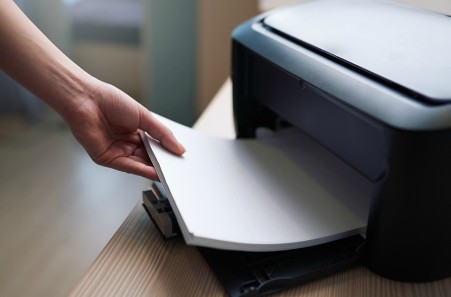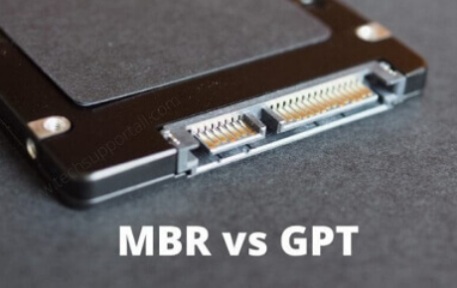A hard disk drive stores digital information permanently for retrieval. They have many platters where they write data in a magnetic head. An air-sealed case covers these platters. The data storage device processes information in a random manner. The plates rotate rapidly with the help of the magnetic heads. The device does not lose information even when the computer goes off. The hard disk drive has a typical spindle that holds the data. It also has head floats, which spin for the purpose of writing and reading information. The speed of the platter determines the speed of the hard disk drive. The disk controller interprets data and tells the hard disk what to do. The solid state disk uses an integrated circuit that persistently store data on the disk. It does not have an actual disk or drive motor. For this reason, it does not spin. The technology uses an electronic interface that is usable with different input and output devices.
Solid state drives have a smaller power draw of between 2 to 3 watts. That of hard disk drives is between 6 and 7 watts and ends up using more battery power. The costs differ in that the traditional hard disk is cheaper, 0.10 pounds a gigabyte. The new technology of solid state drive is 0.06 per gigabyte. The solid disk drive and the hard disk take 12 and 35 minutes to boot up respectively. The difference in their spinning components also differentiates the amount of noise that they make. Since the hard disk drive has spinning parts, they produce more noise that the solid state disks. Magnetism might erase some data, but the solid state disk is safe from magnetism.
The solid state drives are more expensive than the hard disk drives. They are reliable and fast. They are ideal for laptops because they can withstand different shocks and knocks. Most personal computer users prefer buying the solid state disk drive. The speed of the solid state disk does not depend on its components as compared to the hard drive disk. The solid state drive does not spin. The solid state disk works at a high speed with only a simple set of wires. They need little power and do not overheat. These disks decrease the amount of electrical use, for instance, a laptop that uses the solid state disk does not overheat as much as that of a hard disk drive. Solid state drives do not spin, therefore, has a high start up speed.
Unlike the hard disk, the solid state disk is not noisy in normal circumstances. Any movements, high temperatures or physical occurrences do not affect the solid state disk because they lack spinning components, and it is static. However, a solid state disk is way more expensive than the hard drive. An upgrade from any other form of storage to solid state disks attracts more costs than the hard disk drive.
The current market does not have a variety of the solid state disk, and this makes it unfavourable for customers who require a variety. The models are not of a high capacity, and this affects the amount of data that they can store. Even though they are beneficial to individuals and companies, they use more power as compared to a standard hard disk drive. They also consume power when in an idle state, unlike the hard disk drives. Again, their write cycles are limited. Solid disk drives are reliable and efficient, but they have a shorter life span than any other standard storage disk.
Their differences are in the way they store data and in their manufacturing. They are not as vulnerable to breakage as the hard disk drives. While a hard disk drive uses it moving components to read and access information, the solid state drives use flash memory. A hard disk stores large amounts of data permanently. They are easy to purchase and maintain because they are traditional drives. The solid state disks are modern and require additional training and information to use.



